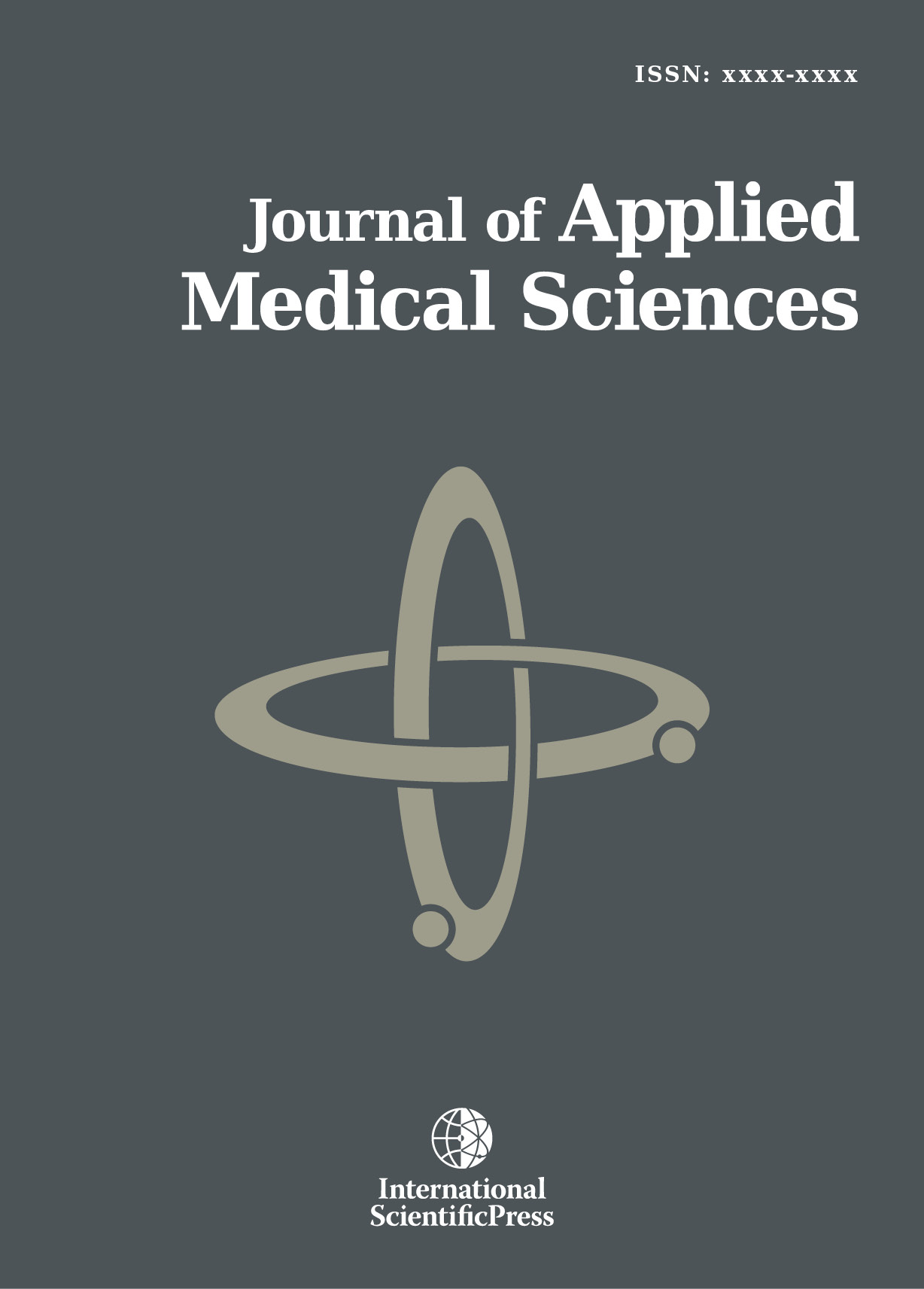Journal of Applied Medical Sciences
Identification of Emerging Parasites in HIV Patients Stool by Molecular Analysis
-
 [ Download ]
[ Download ]
- Times downloaded: 10932
-
Abstract
Infections of the gastrointestinal tract are common in people infected with acquired immunodeficiency syndrome (AIDS). The etiologic spectrum of enteric pathogens that affect to immunosupressed patients and cause diarrhea includes protozoan parasites as Cryptosporidium parvum, Cyclospora cayetanensis, Isospora belli and Microsporidia and non opportunistic, such as Entamoeba histolytica, Giardia lamblia, Trichuris trichiura, Ascaris lumbricoides and Strongyloides. In Mexico there are not current researching studies that establish the association of parasites causing diarrhea in VIH infected individuals, for this reason the purpose of this study was to determine the frequency and importance of emerging parasites in individuals infected with the human immunodeficiency virus (HIV) and its correlation with the presence of gastrointestinal symptoms, stool samples from 100 VIH patients were collected and analyzed by cropoparasitoscopic method, Ziehl Neelsen staining and Polymerase Chain Reaction (PCR) to find opportunistic parasites. Sixty of the HIV patients (60%) had diarrhea at the time of sample collection. Emerging parasites were detected in 22% of samples, from these 59.1% (13/22) had diarrhea. Cryptosporidium spp. was detected in 7%, Microsporidium spp. were detected in 5% I. belli was detected in 1.0%, G. intestinalis was detected in 2%, and C. cayetanensis was found in 7%. 16% of the HIV patient samples were identified as being infected with other organisms, including Escherichia coli, Entamoeba histolytica, Hymenolepis nana, and Iodameoba butschlii. This work emphasize the importance of knowing which are emerging and re-emerging parasites prevalent in HIV infected patients, in our community, the objective is to get better and more efficient management of these patients to increase the quality of life.
